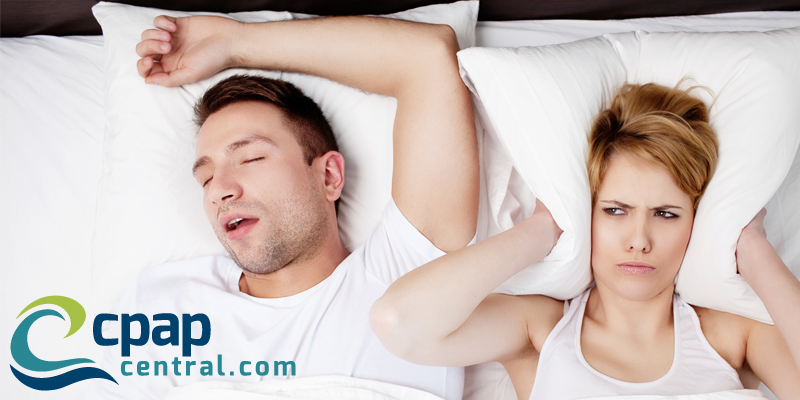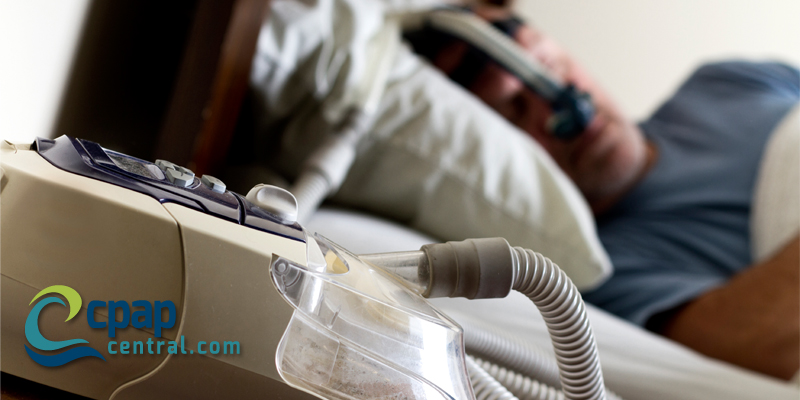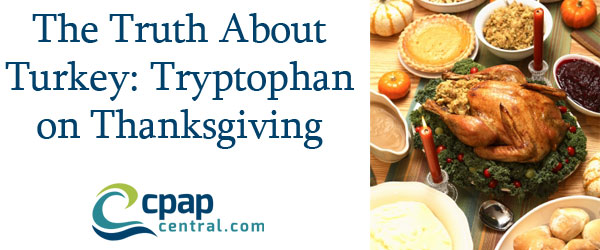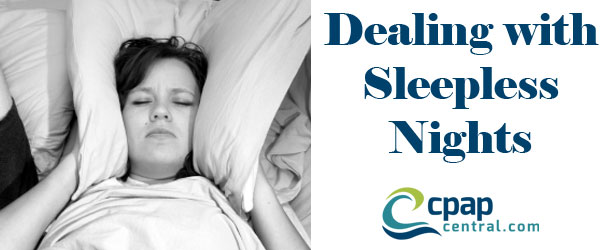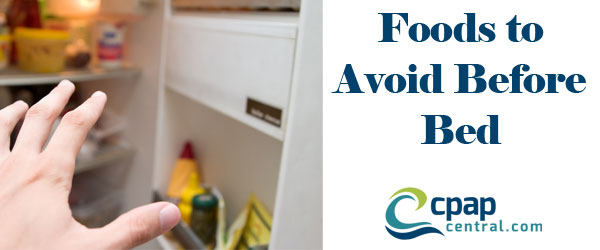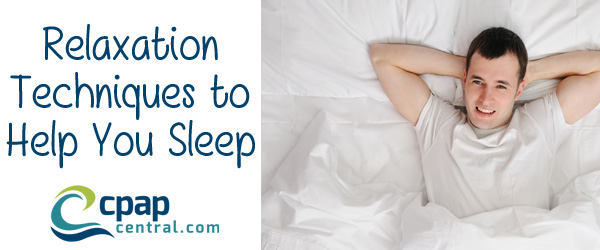
Have you been dealing with cold-like symptoms since starting your sleep apnea therapy? It might not be the CPAP machine’s fault—you could have a condition called Rhinitis!
Approximately 10-30 percent of adults are affected by this each year, but many people have never heard about it. It’s common as we age, but can also be hard to diagnose. As we grow older, our septal cartilage and the nasal columella can weaken and sag, leaving the airways more congested. Mucus in the sinuses also thickens and can increase congestion. If you have untreated sleep apnea or use a CPAP, these nasal issues can create even more problems.
Rhinitis is the medical term for the irritation and inflammation of the mucous membrane inside the nose. Symptoms include a stuffy nose or runny nose and post-nasal drip. It can also include coughing, headache, watery eyes, sneezing and nasal itching, fatigue and a general mental fog. Many people wrongly assume that they have a cold and try to treat the wrong problem.
Keep notes on when the symptoms started and how long you’ve had them. Colds only last a short period of time and Rhinitis can go on indefinitely. Talk to your doctor. They can tell you if you have a cold or if Rhinitis is to blame. They can then prescribe the right medications.
If you use a CPAP or BiPAP, keep using it and clean and replace the filter, mask and tubing frequently. Use your CPAP or BiPAP device as usual until you talk to a doctor or respiratory therapist. Your sleep apnea therapy may be even more beneficial to your health since you are congested and you will probably require more and better sleep to recover.
Let the experts at CPAP Central help you breathe healthy every day! We carry a wide range of CPAP Masks, CPAP and BiPAP Machines and CPAP Accessories.

